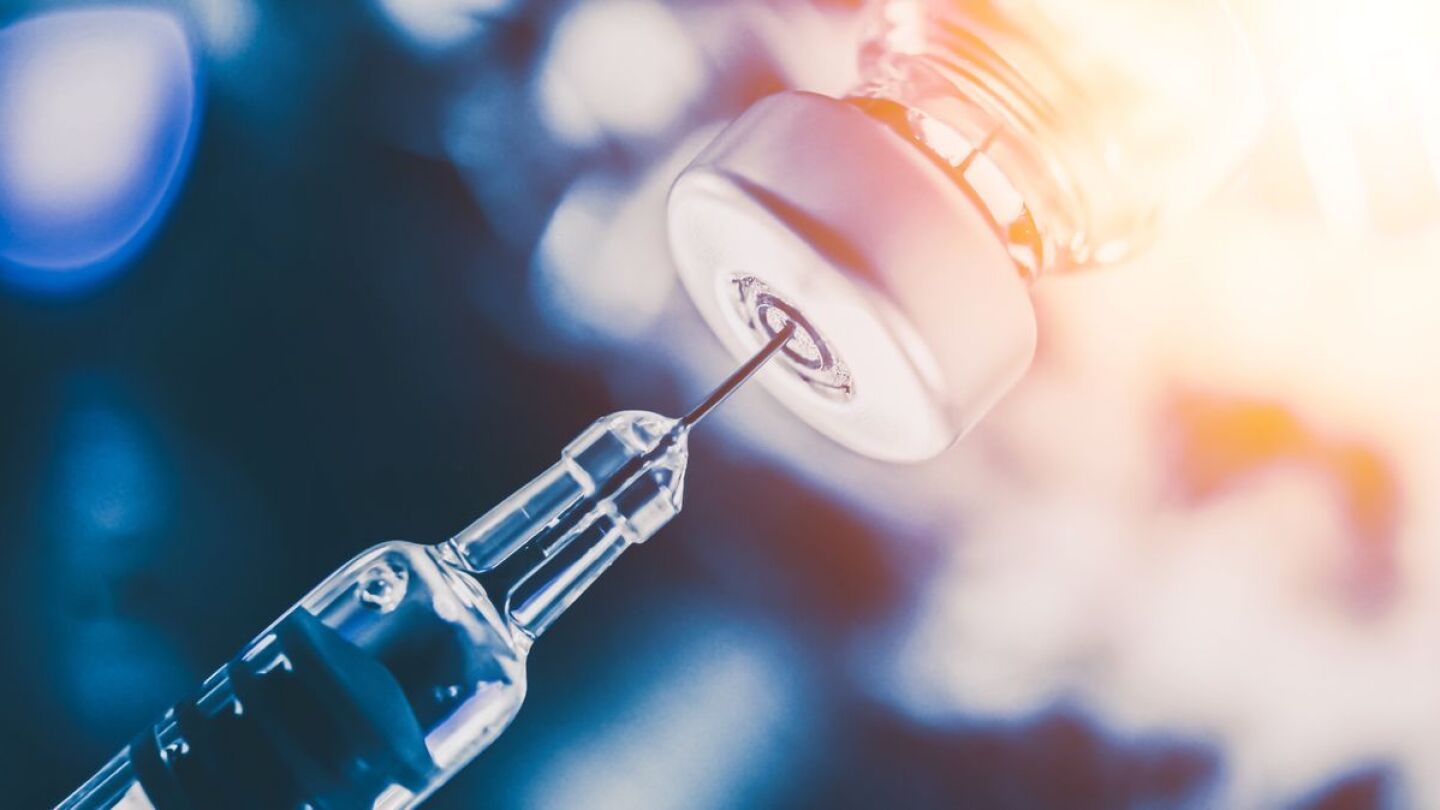EMS1 Research Center
The EMS1 Research Center serves as a central access point for critical prehospital medicine research that can help drive operational and policy changes at the local, state and federal level.
Get insights into EMS provider behavior and beliefs related to hot topics like fatigue management, and participate in EMS1 polls and surveys.
Additionally, find the latest information about research conducted by esteemed EMS organizations, such as the American Ambulance Association, and National Association of EMS Physicians, among other organizations focused on provider health and wellness, patient assessment and treatment, and a variety of safety issues.
Dr. Ginny Renkiewicz shares research on vicarious trauma, post-traumatic stress, and the aftereffects of the COVID-19 pandemic
Continuing the mission of emergency services legends, leaders and champions
Should we be using midazolam instead of morphine in congestive heart failure?
Drug overdoses, accidental poisonings are up 78 percent over a decade and now exceed vehicle crashes as the top accidental killer in the U.S.
Brothers, Stan and Dominique Larkin, relied on external total artificial hearts before successful heart transplants
Dallas’ program came under fire for not making money, and that’s OK; here are 5 steps to a successful community paramedicine program
The evidence tells us that not using red lights and sirens should be the rule – and using them should be an infrequent exception
Newly trained EMS providers are asked to participate in a survey about recognizing and treating patients at risk of traumatic stress
The updated alarms yield lower heart rates and can prevent cardiac arrest in firefighters
Errors in patient care and EMS provider health concerns are raising awareness of the risks of prolonger work hours
Bystander application of a tourniquet to ‘Stop the Bleed’ may mean the difference between life and death for a patient with severe hemorrhage
This is what it will take for a Ph.D. student undertaking research on the effects of traumatic stress exposure within EMS occupations
Patients treated with ketamine were sedated 12 minutes faster than with average sedative
Study hopes to identify some of the issues facing women in EMS such as harassment, discrimination and bullying
Each year more than 700,000 Americans have heart attacks and about 120,000 people die from them
What does the peer-reviewed literature say on the efficacy of the management of the pediatric airway by EMS providers?
Health care accreditation and safety organizations have cited alarm fatigue as a top patient safety risk
Nearly 90 percent of people with a rare paralyzing condition said they had symptoms of Zika earlier
The trial pitted amiodarone against lidocaine with a saline control group for the termination of shock-resistant ventricular tachycardia and ventricular fibrillation
At least 250,000 deaths each year can be attributed to medical care that has gone awry
Most injuries studied were mild, but all concussions are potentially serious and researchers say the trend raises public health and safety concerns
On average, a child was hospitalized every day for some injury involving a laundry pod
Key reasons include seriousness of medical problems and the lack of access to other medical providers
They’ve developed drug therapy that treats shock and acts like a pharmacological tourniquet by reducing internal blood loss by up to 60 percent
Understand the origins of sepsis criteria and what the new sepsis definitions mean for EMS assessment and treatment of septic patients
NHTSA is seeking responses to a specific set of questions to guide the next 30 years of evolution in EMS
Studies show that nationally only about 10 percent of people who suffer cardiac arrest outside the hospital survive
A review of the performance of ketamine in the agitated or excited delirium patient with an acute and potential life-threatening medical condition
The grant will fund a four year research project studying immunotherapy treatment for a common brain tumor found in children
Meta-analysis of the available research looks at primary and secondary patient outcomes of applying mechanical chest compression devices following out-of-hospital cardiac arrest
The researchers found that the length of the average needle would cause the injector to hit bone in 43 percent of toddler and infant cases



















